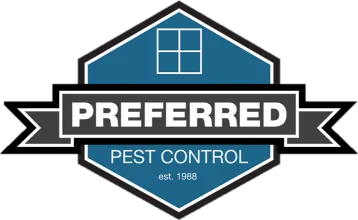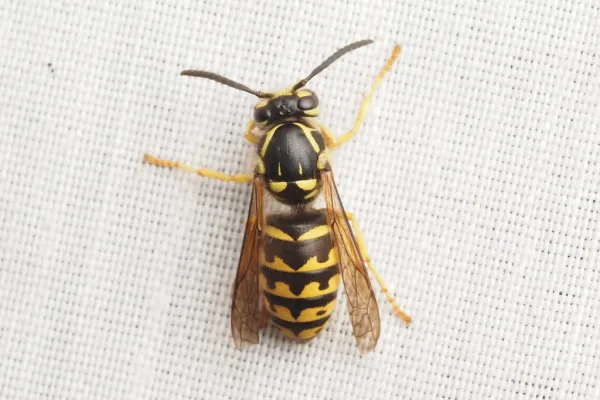All About Integrated Pest Management
In the quest to keep our homes worry-free from pests, it's crucial to consider effective and environmentally friendly methods. Integrated Pest Management (IPM) is one approach that stops unwanted pests from entering your home and prioritizes the environment. Let's explore IPM, why it's better for the earth, and how it can help protect your home from pests.
What is Integrated Pest Management (IPM)?
Integrated Pest Management (IPM) is a comprehensive approach to pest control that combines various strategies and practices to manage pest populations in an environmentally sustainable way. Instead of relying solely on chemical pesticides, IPM emphasizes combining techniques to prevent, monitor, and control pests.
Key Components of IPM
Prevention: The first step in IPM is to prevent pests from becoming a problem. This involves sealing entry points, maintaining cleanliness, and proper waste management to make the environment less attractive to pests.
Identification and Monitoring: Accurate identification and regular monitoring are essential for understanding pest behavior, population levels, and potential entry points.
Threshold Levels: IPM sets threshold levels to determine when pest populations have reached a point where action is necessary. This helps in avoiding unnecessary chemical treatments.
Control Methods: IPM utilizes a variety of control methods, including:
Biological Control - Natural predators or parasites to control pest populations
Mechanical Control - Physical methods such as traps, barriers, or manual removal
Cultural Control - Reduces pest establishment, reproduction, and survival, such as crop rotation or proper landscaping
Chemical Control - Uses the least toxic and most targeted pesticides as a last resort.
How IPM is Better for the Earth
Reduced Chemical Use: IPM significantly reduces the reliance on chemical pesticides, which can harm the environment, including water contamination, soil degradation, and harm to non-target species such as bees and other pollinators.
Sustainable Practices: IPM promotes long-term, sustainable pest management solutions by emphasizing prevention, monitoring, and the use of biological and mechanical controls.
Environmental Balance: IPM supports the natural ecosystem by encouraging the presence of beneficial insects and microorganisms that help keep pest populations in check.
Healthier Living Environment: Reduced chemical usage means fewer toxins in the home environment, which can contribute to better health for you, your family, and your pets.
How IPM Stops Unwanted Pests from Entering Your Home
Prevention and Exclusion: IPM prevents pests from finding entry points or conducive conditions to thrive by sealing cracks, fixing leaks, and maintaining cleanliness.
Regular Monitoring: Continuous monitoring helps detect early signs of pest activity, allowing for timely intervention before infestations become severe.
Targeted Actions: IPM ensures that control measures are specifically targeted to the identified pests, reducing the likelihood of unnecessary treatments and focusing on effective solutions.
Education and Awareness: IPM involves educating homeowners about pest behavior and effective management practices, empowering them to take proactive steps in pest prevention.
Embracing IPM with Preferred Pest Control
At Preferred Pest Control, we are committed to providing effective, sustainable, and environmentally responsible pest management solutions. Our Integrated Pest Management approach ensures that your home is protected from unwanted pests while minimizing the impact on the earth.
If you're looking for a pest control strategy that aligns with your values and provides long-term protection, consider Integrated Pest Management. Contact Preferred Pest Control today to learn more about our integrated pest management services and how we can help you maintain a healthy, worry-free home.
By adopting Integrated Pest Management, you can achieve a balance between effective pest control and environmental stewardship, ensuring a safer and healthier living environment for everyone.



